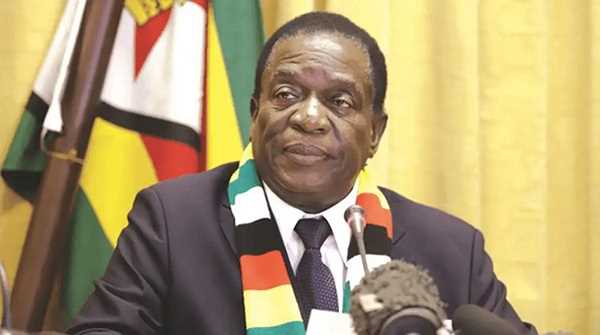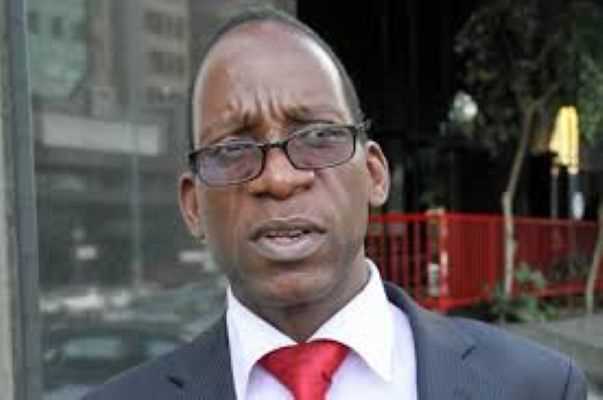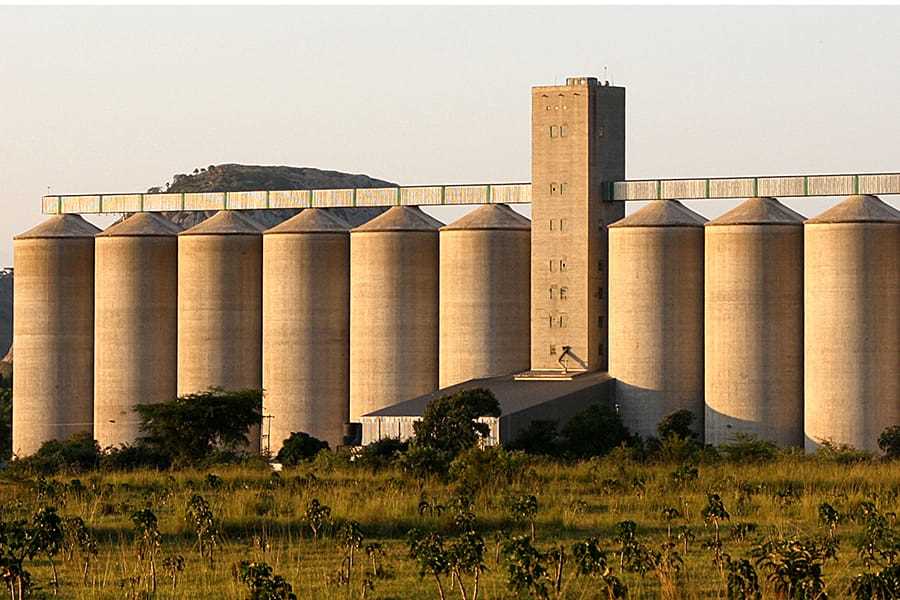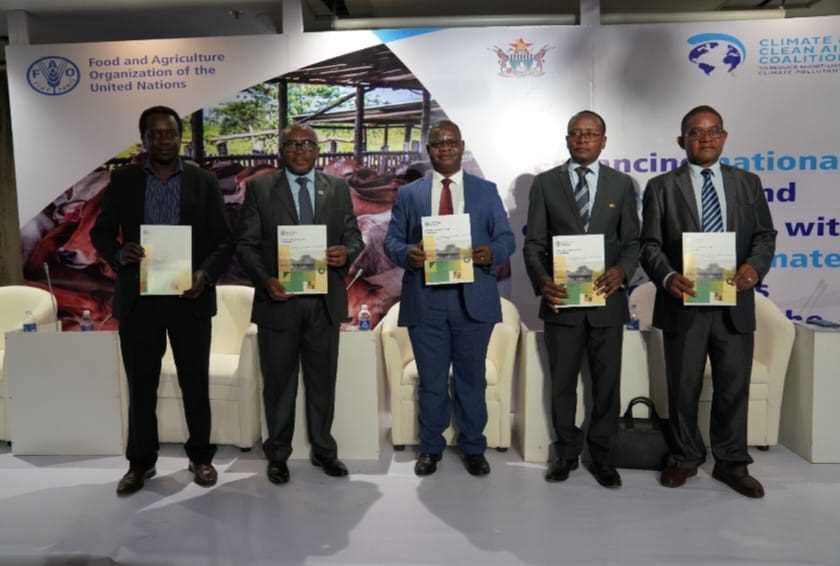
Oscar J Jeke
Zim Now Reporter
President Emmerson Mnangagwa has hailed the Zimbabwean workforce as the cornerstones to the country’s economy and development agenda as former opposition leader Nelson Chamisa saluted workers for their dedication despite the challenging working conditions and rampant corruption.
In his Workers’ day address at State House yesterday, President Mnangagwa said workers’ dedication, resilience and tenacity should be celebrated. He added that their performance and contribution anchor the attainment of national goals set out in government’s Vision 2030.
“Zimbabwe joins the rest of the world in celebrating International Workers’ Day on May 1, 2024. We observe and celebrate the invaluable contributions of workers across all sectors to our society.
“As the nation commemorates this day, we acknowledge and applaud the vital role that labour plays in the realisation of our national development goals. Workers are indeed the cornerstone of our aspirations towards the attainment of Vision 2030, guiding us towards a future of prosperity, equity and sustainable development, as we strive to attain a prosperous and empowered upper middle-income society,” President Mnangagwa said.
On the other hand, Chamisa said workers in Zimbabwe define the collective destiny of a nation and its dignity. However, he said, efforts of the working people are eroded by the harsh reality of unemployment which reaches to over 80% of the working population, with youths contributing a relatively high figure in that regard.
While he offered a number of solutions to the problem faced by workers and the economy at large, he adds that efforts by workers in the country are undermined by rampant corruption, poor policy formulation and a political crisis that has been ignited through disputed elections.
“Saluting all the working men and women who toil for the betterment of our beautiful Zimbabwe. You are the living heroes of this great nation. Workers define the collective destiny of a nation. The dignity of any country is in the dignity of its working people.
Related Stories
“The reality is harsh: we commemorate the workers day when over 80% of the working population is unemployed. Strikingly, 3.5 million youths are unemployed while 7.9 million people live in extreme poverty.
“The majority live below the poverty datum line of US$575, while average wages at US$275 fall short of meeting basic needs. Punitive tax thresholds, starting at US$100, leave little to support families, where a basket of basic goods is six times higher than the minimum wage.
“Every worker deserves to thrive in an inclusive Zimbabwe where everyone has access to fair and dignified employment opportunities and a balanced work environment.
“In a New Great Zimbabwe; Our Citizens government will put decent work agenda at the heart of our labour market policies. We will elevate the TNF from the current talk show status to the prime policy formulation platform. No public policy will be implemented without passing through the TNF. We will immediately grant public sector workers right to collective bargaining by ratifying and domesticating ILO Convention 151. We will re-establish a living minimum wage through social dialogue. We will allow workers to demonstrate and demand their rights.
“The idea of an inclusive Zimbabwe free from poverty, corruption and oppression is the aspiration of all the citizens of Zimbabwe. In a Zimbabwe free from poverty, corruption and oppression, the fruits of labour shall translate into economic progress for all. Every family shall have the chance to prosper, and the benefits of hard work shall enrich the entire nation.
“In a corruption-free Zimbabwe, the fruits of labour will fuel economic progress and boost economic prosperity, benefiting all families. Workers deserve the freedom to freely choose a government that serves them, making the resolution of August 2023 disputed elections a crucial step towards recognising workers’ rights,” Chamisa said.
Workers’ Union leaders also waded into the matter, in their official capacities, in separate interviews, however lamenting the dire state of remuneration and working conditions in the country. They allege that the day lost its significance years ago, with what is experienced now being actual connotations of slavery.
Zimbabwe Congress for Trade Unions national organiser, Michael Kandukutu lamented: “We used to have Workers Day celebrations maybe 15 years ago but now it is just commemorations of employees’ problems. It is lamentation day for workers’ problems. Working has failed to transform the lives of workers. We have workers who cannot afford what they are producing.”




















Leave Comments